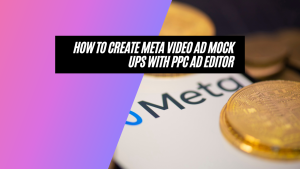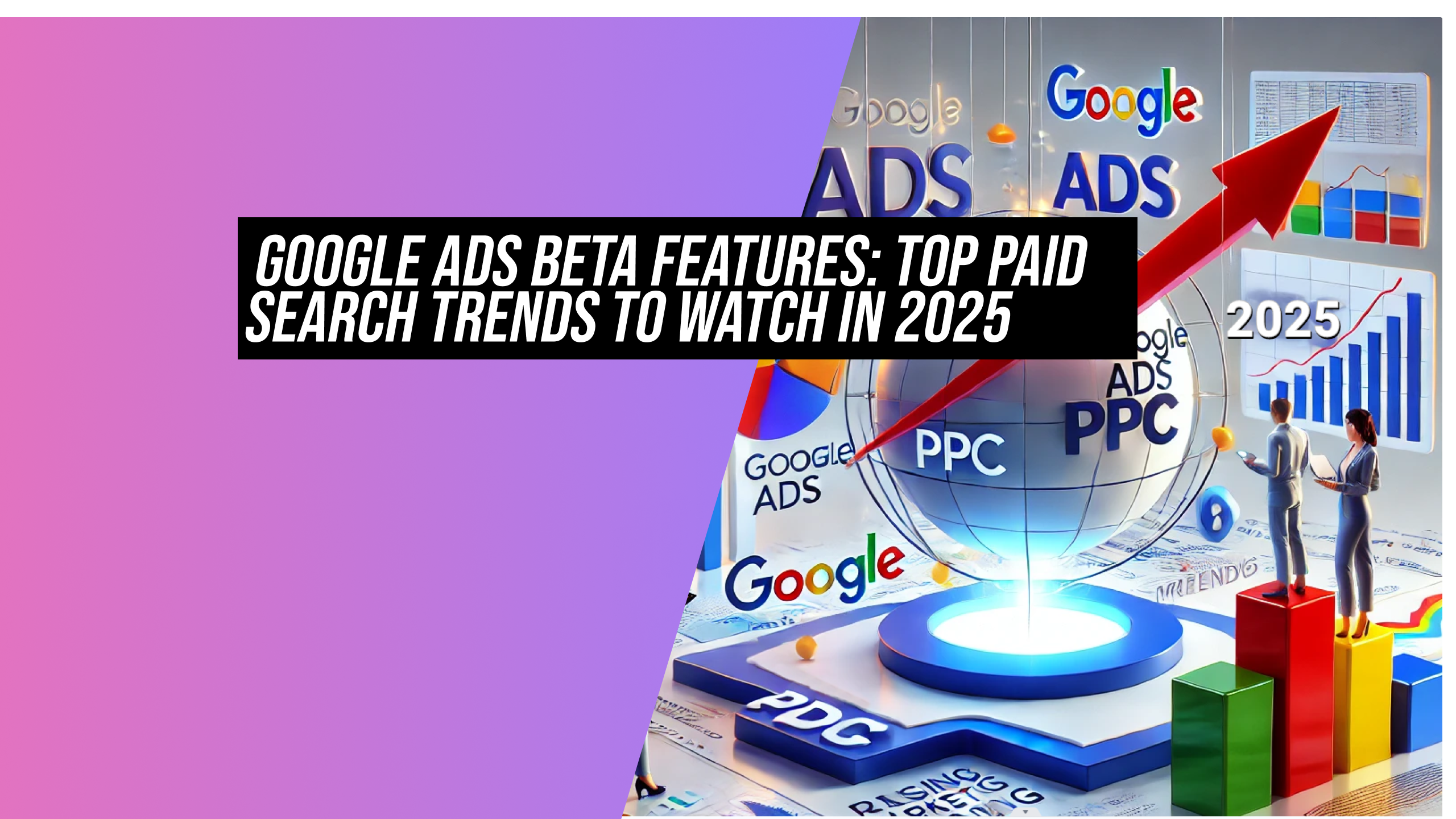One of the most common concerns we hear from clients is a fear of going over their monthly PPC budget. Just recently, Google announced that they have the potential to double your daily pay-per-click budget, which has sent web marketers scrambling. While Google mentioned that their system should never exceed the monthly budget, some people are understandably concerned about the consequences this change may have on their budgets.
Why a Budget Tracking Tool is Helpful
Part of what concerns PPC managers so much is day-to-day budget inconsistencies. Google has stated that budgets widely vary on any given day, even if you set your target spend to a certain amount per day. They’ve provided the following example to explain how they approach PPC ad spending.
“Let’s say you set your budget at $5 a day and your billing cycle is 30 days. Over the course of the month, you notice that your charges vary. Some days you’re charged $2, on others you’re charged $10. But at the end of the month, your charges won’t exceed $152 (that’s 30.4 multiplied by your $5 budget). So even though your campaign costs tipped above and fell below your $5 budget from day to day, at the end of the month, you’re still charged no more than what you budgeted.” – Google Ads Help
Anyone who has ever been in charge of a budget knows that variability like this can be a nightmare to track. Luckily, there’s a host of budget tracking tools out there that can help you manage your monthly PPC spend. In this article, we’ll take you through five of these tools and explain the advantages of each:
Google Sheets
You’ve likely already heard of Google Sheets. Chances are you’ve used it before, but you may not have considered it as a useful PPC budget tracking tool. While it’s not as robust as some other platforms and it lacks basic automation features, Google Sheets still has a lot of advantages over other tools. The primary reasons people use Google sheets over more robust platforms include:
- Ease of use
- Cost (Free)
- High degree of customization
- AdWords integration
These advantages make the free-to-use platform a worthy contender in a space that’s loaded with impressive offerings. If you have a small number of campaigns and don’t mind manual tracking, then Google Sheets is a great tool that won’t cost a dime.
PPC Samurai
Getting into the more robust offerings, PPC Samurai provides an excellent, automated solution for those who have too many budgets to track manually. The platform directly integrates into both Google Ads and Microsoft Ads (formerly Bing). It even allows you to use multiple accounts to manage the same budgets, making it a great solution for larger operations where multiple people have oversight on pay-per-click spend.
In addition to these convenient features, PPC Samurai allows users to set highly customizable rules. Some common rules you can set include:
- Real time daily spend tracking
- Performance automated rule sets
- Budget breach alerts
These rules are especially useful for managing a large number of PPC budgets at once. Unlike Google Sheets, PPC Samurai does come with a cost. It’s $165 per-month, though the price tag may be higher if you require an enterprise level subscription. If you have a lot of campaigns to track, you may find that it’s well worth the expense.
Acquisio
Acquisio comes at a reasonable price point and does far more than just budget management. The platform uses AI integration to simplify campaign management. The AI element can make campaign management decisions for you, helping to optimize your outcomes per-dollar. Using the data that Acquisio provides, marketers can cut back on lower-value campaigns and put their time and money where it’s most useful.
Shape.io
A newer addition to the world of PPC tools, Shape.io helps marketers gain greater control over their PPC spend and performance. Like PPC Samurai, it integrates with both Google Ads and Microsoft Ads, but also adds integrations for social media platforms like Facebook, Twitter, and LinkedIn.
With this many integrations, Shape gives marketers the ability to control spend across multiple platforms and campaigns in a single location. These campaigns directly feed into Google Analytics, giving you the insight you need to make important campaign decisions.
Like Acquisio, Shape uses AI to adjust budgets based on performance. If a campaign is performing poorly, Shape will redirect spend away from that campaign, and if a campaign is running smoothly, Shape can increase the budget incrementally until it witnesses a performance drop-off. It’s a great hands-off tool that can save you a lot of the time and hassle that comes with more manual budget tracking methods.
Ad Lantern
Lastly, Ad Lantern provides a free budget tracking tool for those who want something more custom tailored towards the advertising space than Google Sheets provides. It automates your PPC campaign using rules that you set to help keep you within your chosen budget limits. At the same time, it provides useful analytics that can help marketers inform and optimize their campaigns. Right now, the platform only works with Google Ads, but it’s an excellent solution if that’s the only place where you plan to run a PPC campaign.
PPC Budget Tracking Tool Takeaways
As you can see, there are plenty of tools out there that can help you manage your monthly PPC budget. Each tool has a distinct set of benefits that make them excellent solutions for a variety of campaigns. To choose the right tool, you need to consider the value that each brings to the table and compare it to your needs. A free tool may be more than adequate if you run a small number of PPC campaigns, while a paid tool will be much more useful if you work in a large team or run a lot of campaigns at once.
No matter which tool you choose, you’ll find that adding more focus onto your budget tracking will result in more effective campaigns that bring more value per-dollar. For more tips on how you can maximize the value of your PPC campaigns, check out our blog or explore the benefits that PPC Ad Editor brings to marketers like you






